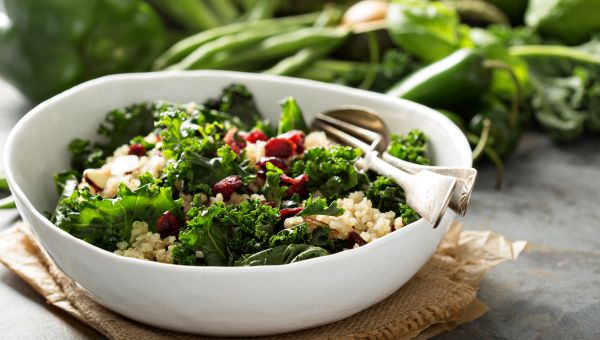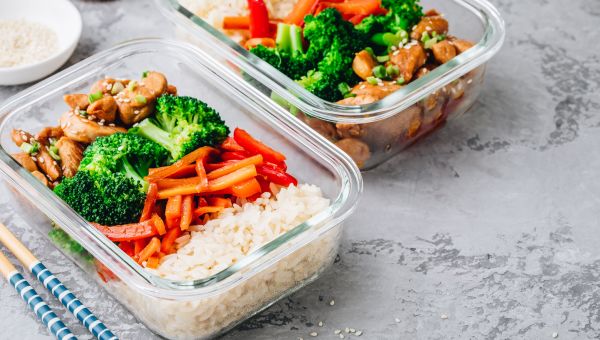The hepatitis C diet
How to eat well and protect your health when you have hepatitis C.

Eat Well to Stay Well
Truth be told, there's no special "hepatitis C diet." But that doesn't mean you can just go rogue with your meal plan. Diet is important for hepatitis C because all the nutrients you eat pass through your liver during digestion—and your liver is the prime target of the hepatitis virus. What's more, some foods can actually damage your liver and raise your risk of complications. The good news is that a few simple changes, along with regular medical care, may help protect your liver and keep you feeling well.
Medically reviewed in January 2020.

Look After Your Liver
After your stomach and intestines do their job, your liver has the daunting task of processing all the nutrients into forms your body can use, along with getting rid of toxins. But even this superhero organ is no match for a poor diet. Eating too many calories, for example, can make you gain weight and lead to a buildup of fat in your liver. Over many years, having a "fatty liver" and hepatitis C may make you more likely to develop cirrhosis. It can also make hepatitis c treatment less likely to work.

Enjoy Foods with Benefits
A well-balanced diet is important for everyone—especially for people with hepatitis C or liver disease. Eating whole grains, low-fat dairy, lean protein and plenty of fruits and veggies can help your body fight infection and rebuild cells, including damaged liver cells. A healthy diet with plenty of fiber and whole grains can also help you prevent diabetes, a condition you're more likely to develop if you have hepatitis C.

Eat Modest Meals
Sometimes, we can't help but overeat—like at bountiful holiday feasts. But for everyday meals, you'll probably feel better with a little portion control. Eating smaller meals or snacks every three to four hours can help keep your energy level up and fight fatigue. It may also help prevent nausea, which is a common side effect of some hepatitis C medications.

Stay Lean and Mean
Maintaining a healthy weight should be a top priority if you're fighting hepatitis C, because being overweight can raise your risk of severe liver damage and diabetes. If you're overweight, it's a good idea to talk to your doctor about starting a safe diet and exercise program that can help you get back on track.

Steer Clear of Beer
Along with a healthy diet, you'll want to exclude things that could harm your liver, and alcohol is at the top of that list. This super-potent toxin attacks your liver and speeds up the disease's damage. Because there's no evidence that shows a safe level of alcohol for people with hepatitis C, it's best to avoid it altogether. This may be the hardest dietary change, but with time and support from your doctor, friends and family, it should get easier.

Be Careful About OTCs
Drugs are also on the list of things that can hurt your liver. Before you pop a pill for that headache, remember that some over-the-counter pain meds, including acetaminophen (Tylenol), can cause liver damage. Iron supplements and multivitamins that contain iron may also be harmful. Ask your doctor for a list of drugs and supplements to limit or avoid.

Check in with Your Doc
There's no single diet for everyone with hepatitis C. The right diet for you will depend on your symptoms, amount of liver damage and overall health. If you have advanced liver disease, a diet low in saturated fats, fried foods and salt may be in order. You may also need to follow other restrictions for high blood pressure, diabetes, HIV or kidney disease. Talk with your doctor or dietician about what's best for you. A healthy diet may not seem like part of your treatment plan—and it certainly isn't a hepatitis C cure—but it may help protect your liver and keep you feeling strong.
More On


video
